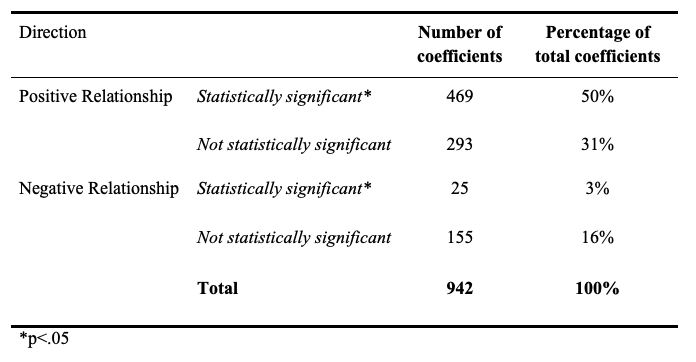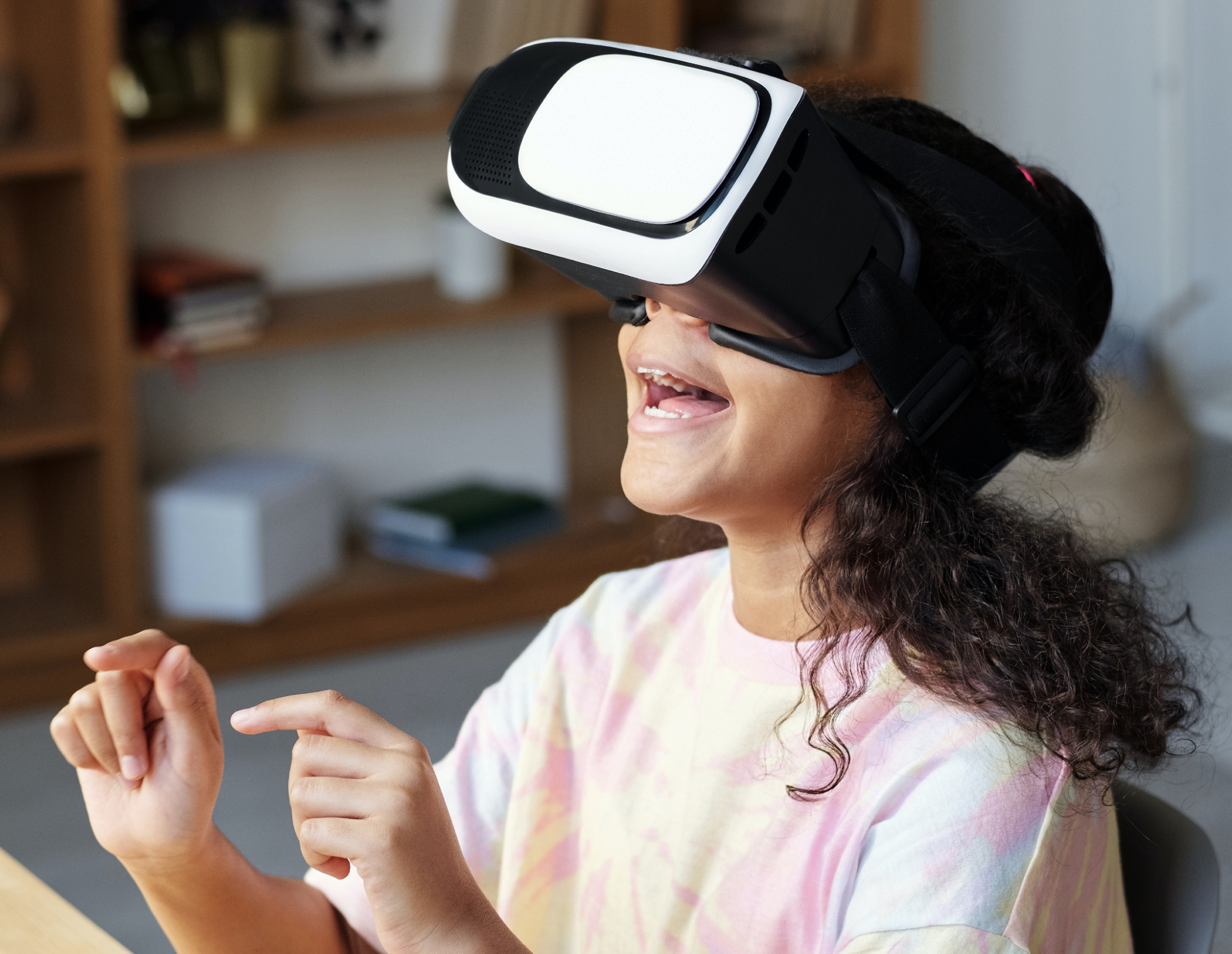
 What is the relationship between digital media participation and offline civic and political action amongst young people? In their recent paper, Shelley Boulianne and Yannis Theocharis surveyed more than 100 studies on this topic, based on survey responses from 85,000 young people, and found a positive relationship. Shelley Boulianne is an associate professor in sociology at MacEwan University. She conducts research on media use and public opinion, as well as civic and political engagement, using meta-analysis techniques, experiments, and surveys. Yannis Theocharis is professor of communication and media at ZeMKI, Centre for Media, Communication and Information Sciences. His work focuses on understanding the effects of digital media on political participation, collective action and democracy, using longitudinal and experimental approaches. [Header image credit: M.-Dries-CC-BY-NC-ND-2.0.jpg]
What is the relationship between digital media participation and offline civic and political action amongst young people? In their recent paper, Shelley Boulianne and Yannis Theocharis surveyed more than 100 studies on this topic, based on survey responses from 85,000 young people, and found a positive relationship. Shelley Boulianne is an associate professor in sociology at MacEwan University. She conducts research on media use and public opinion, as well as civic and political engagement, using meta-analysis techniques, experiments, and surveys. Yannis Theocharis is professor of communication and media at ZeMKI, Centre for Media, Communication and Information Sciences. His work focuses on understanding the effects of digital media on political participation, collective action and democracy, using longitudinal and experimental approaches. [Header image credit: M.-Dries-CC-BY-NC-ND-2.0.jpg]
“Overall, iGen’ers want to contribute but are not as inclined to take action. Apparently they agree that altruism is important but have trouble following through…iGen’ers may grow into adults who are skilled at forwarding links about worthy causes but not as skilled at actually getting involved.” Twenge, J.M. (2017). iGen: Why today’s super-connected kids are growing up less rebellious, more tolerant, less happy-and completely unprepared for adulthood. New York: Atria Books. Page 175.
Has digital media created a generation of young people who can click, but can’t engage with social and political causes? This is a question we set out to examine. We examined the hundreds of studies conducted on this topic. We found that digital media use is positively related to getting involved in offline civic and political activities. Rather than limit use of digital media, parents and educators could encourages uses – such as researching and discussing political issues – that have positive outcomes on civic and political participation.
Across the globe, young people are distinguished by their early adoption and intense use of digital media. They are ideal case studies for understanding the impacts of digital media and can foreshadow positive and negative impacts before this technology diffuses to other segments of the population. In addition, they are at the forefront of adapting these tools in ways that interest them. As such, the relationship of their digital media use and participation in civic and political life is an important area for research and has important consequences for democratic politics.
Our method compared findings from more than 100 studies using survey research to assess the relationship between digital media use and participation in civic and political life. These studies have been conducted over the past 20 years – based on survey responses from 85,000 young people living across the globe. We systematically analysed their findings to examine the relationship between using digital media (including social media, mobile phones, news websites, etc.) and young people’s participation in offline activities, such as contacting officials, talking politics, volunteering or protesting.
Our goal was to assess claims about positive and negative impacts using a full set of evidence that covers different countries, different time periods, various forms of digital media uses, and finally, an expansive list of political activities. We used the definition of “young people” offered by the existing literature (13 to 34 years), although we note that most available studies examine people in their late teens and early twenties.
Within each of the 100+ studies, there were multiple estimates of the relationship between digital media use and participation in civic and political life (n=942)[1]. We found little evidence for negative impacts of digital media use on civic participation, quite the contrary, few studies (less than 3% of estimates) found that using digital media significantly decreases young people’s participation in civic and political life. In fact, the most common finding is that digital media increases participation in civic and political life. More than 80% of estimates are positive, meaning that greater use of digital media is linked to greater participation in civic and political life, as shown in the table below.
However, the strength of this positive impact depends on how young people are using it. While there is a good deal of commentary about how “liking” a political post is a trivial way to engage in politics, we find that such activities are strongly positively correlated with offline forms of participation. In other words, clicking “like” to a political post or signing a petition is strongly and positively linked to offline action such as participating in boycotts. In sum, the findings offer little evidence to support claims of so-called “slacktivism”, particularly as regards the negative connotations attached to this concept. Nor do they find any relationship between hours spent online and offline civic and political participation, notwithstanding public anxieties about “screen time.”
It should be noted that these findings at the aggregate level cannot tell us anything about the individual level. For example, we cannot say that a pre-teen’s use of digital media to watch funny dog videos on YouTube leads to volunteering at an animal shelter. But the findings for the patterns of relationships observed in hundreds of studies and for thousands of young people are clear.
Conclusion: digital media activities are positively related to young people’s civic and political life
Our research suggests positive outcomes for young people’s participation in civic and political life. The weight of the evidence is strong. To displace these findings would require dozens of studies offering significant negative impacts.
What do the results mean for parents, educators, and those concerned about young people? Instead of limiting time spent online, ask the question: what are young people doing online? Specific types of uses are connected to positive versus negative impacts. If young people are using digital media to learn about current events or search for opportunities to get involved in their community, these types of uses will likely produce positive outcomes. Young people are creative in how they use digital tools to participate in civic and political life; parents should discuss these activities with their teenagers and perhaps learn from these innovations to expand their own participation activities.
Notes
[1] The unit of analysis changes from study (106 estimates) to the tests of relationships (942). In the full paper, we offer study-level estimates (n=106) and estimates (n=942).
This post gives the views of the authors and does not represent the position of the LSE Parenting for a Digital Future blog, nor of the London School of Economics and Political Science.






